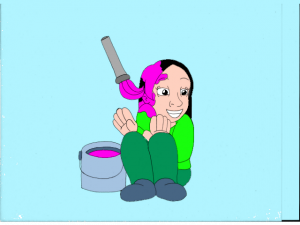These are some common English Language idioms that are sometimes used in everyday speech.
- “I’m all ears.” or “He was all ears.” – This essentially means that someone is/was listening intently. Let’s say someone says “I’m upset about something.” The other person could say I’m all ears meaning that I am ready and willing to listen closely to you now.
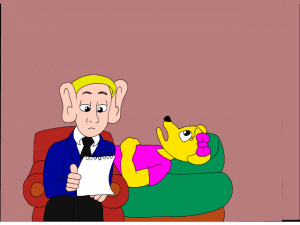
2. “He tried to break the ice.” or “He broke the ice.” – This essentially means that someone initially spoke with someone who was either a stranger to that person or who may have been a colleague, friend, or loved one who was upset or irritated at them. Hence, this person broke the ice by cracking a joke or by asking her questions or by giving her an ice cream on a super-hot day, for example.
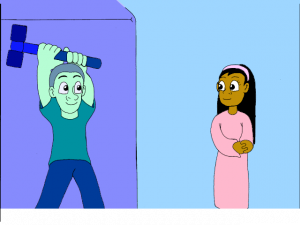
3. The phrase “chin up” – This essentially means that one ought to maintain hope no matter what his/her circumstances may be. One might say just the two encouraging words, “Chin up!“, or one might say something like, “Keep your chin up.”
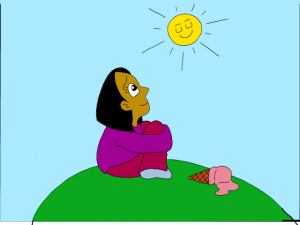
4. The phrase “full of himself” or “full of herself” – This essentially means that one is arrogant or in love with himself/herself. It’s an insult and it implies a narcissistic, selfish, or otherwise overly self-involved judgment from one person to the other.
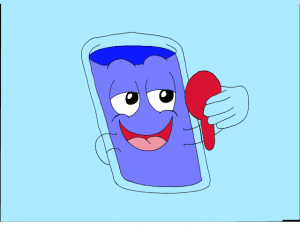
5. “Love is blind.” – This essentially means that someone can love someone else as a romantic partner regardless of whether not he/she is classically beautiful or more homely, rich or poor, abled or disabled, etc. It is a positive expression that reminds people to look at the soul of people and not always just the cosmetic exterior, ie physical beauty.
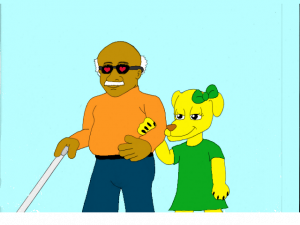
6. “tickled pink” – This essentially means that someone is excited about something! It could be anything. For example, someone might say: “I was tickled pink that you bought me flowers and concert tickets to the show of my favorite band on my birthday. Thank you!”
